The reason for Soyinka’s arrest early Sunday was unknown, as DSS spokesman Peter Afunanya had not responded to inquiries by one of our correspondents.
However, a source close to the former BBC Pidgin Editor who confirmed his release to reporters, however, said the secret police seized Soyinka’s travel passport.
Soyinka, the Regional Editor of The Conversation Africa, was arrested around 5 am upon arrival at the Lagos airport from the United Kingdom.
Soyinka’s ordeal followed those of other journalists like Daniel Ojukwu and Segun Olatunji, who spent weeks in the custody of state-sponsored security agents, a development that professional bodies Nigeria Union of Journalists ,NUJ, and the International Press Institute have described as an ugly trend.
The arbitrary arrest of journalists by the President Bola Tinubu administration has been criticised by many civil society organisations and pro-democracy activists who expressed strong resentment over the unsavoury development.
They described the Gestapo-styled arrest of journalists by state security agents as an echo from the past, and a prominent feature of the dark years of military rule. They said the ugly development impugned press freedom 25 years after Nigeria transitioned from dictatorial rule to democratic governance.
Earlier, before Soyinka’s release, global rights group Amnesty International demanded the immediate release of the journalist.
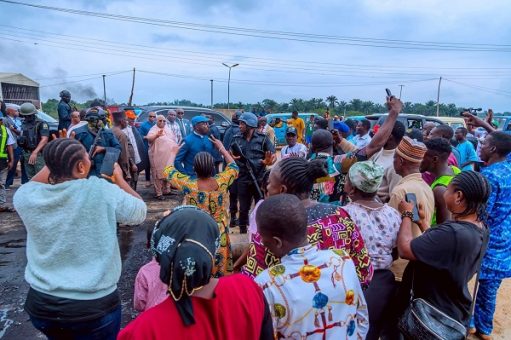

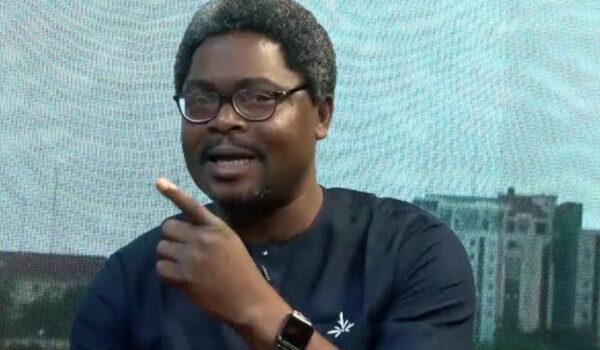
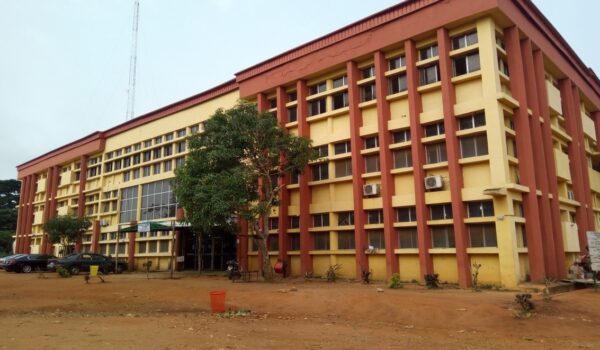


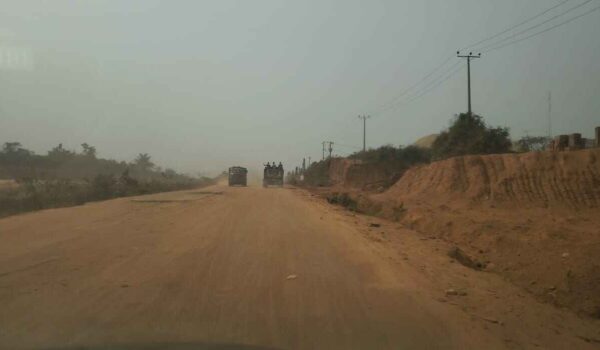
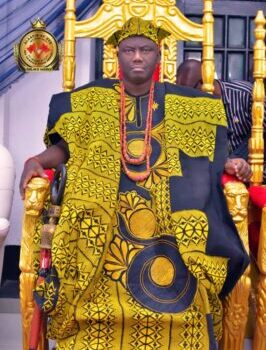
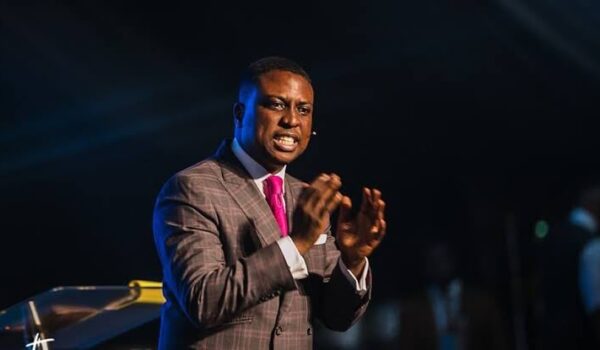
Comments